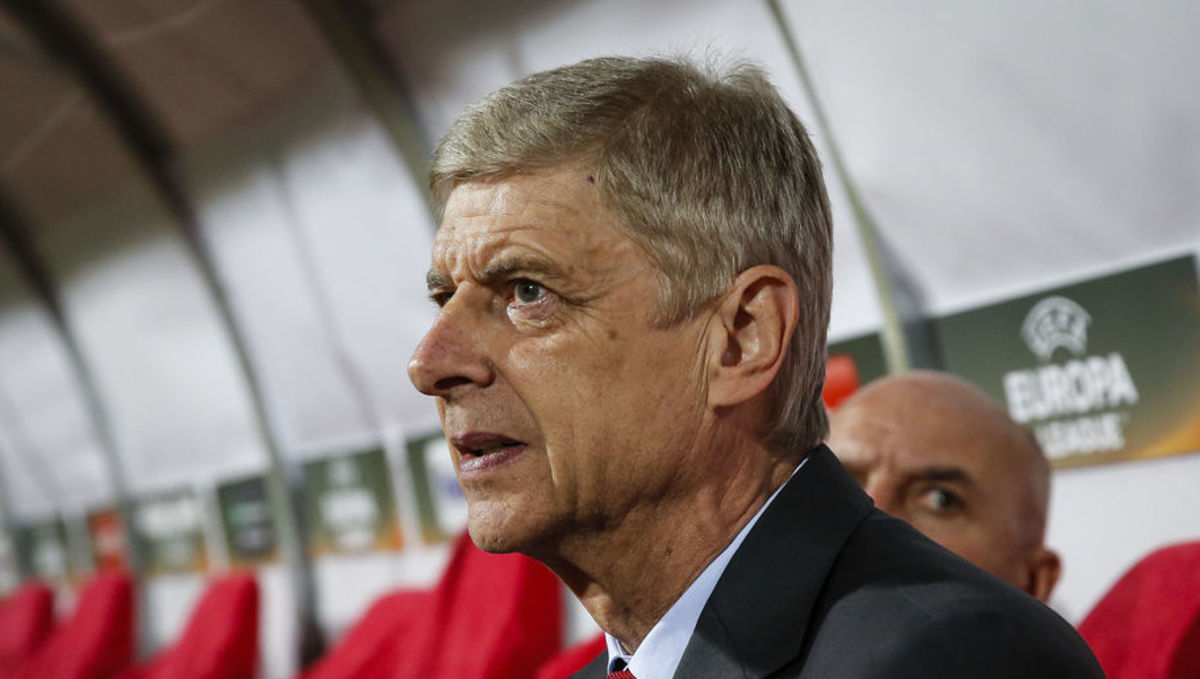FanView: How Arsene Wenger Has Become Both King & Martyr at Arsenal
No king can stay in power forever. Either Father Time picks away at your age, or once loyal followers grow weary and try to overthrow the man on the throne. However, still Arsène Wenger holds a strong grip on both forces that have tried to best him across the years.
Wenger, the King of Arsenal, hangs perilously under a boiling cauldron lit aflame by the fans of the club, but peering down at his impeding doom hasn’t once dishevelled him. Not a bead of sweat appears on his wrinkled face, as this pressure is not one that he hasn’t faced before.
Across his long reign at Arsenal he has faced pressure, constantly questioning his validity of the job. Though, with each time pressure has shown its face he has manoeuvred around it with the demeanour of a ballerina.
In interviews after poor team performances, where you expect him to let rip, he instead exudes tranquillity, wisdom and the foresight through the fusion of French English dialect. He calmly explains his team’s mishaps without ever dragging his players through the mud.
It’s his faith – his belief that there’s a code of rightness, a path that is away from that of success, showing us that there are other ways to win, without winning: a mantra that has grown weary on Arsenal fans.
His doubters - growing in size and stature - are stocking up on new members like army recruiters would on the campuses of universities, especially after their club was finally wrestled out of the top four place last campaign.
The ‘Wenger Out’ group would whisper into the ears of the bystanders, with their propaganda further strengthened by a certain YouTube channel that shan’t be named.
'This is Arsenal FC, not Arsène FC' banners dress the house of the Emirates Stadium, as “There’s only one Arsène Wenger!” chants fade away into silence.
Wenger has previously classed the decade of 2004-14 (the move from Highbury to the Emirates) as an important achievement.
“Personally, I think it was the most sensitive and important period of my career here - it was exciting to keep the club at the level with less resources,” he said, via Sky Sports.
This was the same decade that birthed a damning script that would plague the club. It’s a cyclical script that ends with the club bowing out of the title race before the flowers bloom in Spring.
The man that first entered the barren wastelands of Arsenal back in 1996 and slowly built up a castle, a village, and engineered a healthier way of playing football that shaped English football. However, the king has grown with old age, his hair thinning white, but still the fire within him burns fiercer.
His players haven’t helped him either, turning in a string of dreadful performances. Also with some of the superstars at the club causing a mutiny. But still, Wenger stands out in front, arms out, ready to take the full brute of the stones cast towards his team.
Despite the insults hurled at him, despite the microscopic criticism, despite the calls for his sacking, despite all of this, he continues his job with the highest level of professionalism. His love for the club so interwoven, that he wants it to live on soon after he leaves.
In the current era of football where managers flit from club to club as much as players do, Wenger hopes that Arsenal stays amongst the very top of the clubs in the world. He is a man of virtue that transcends the job of manager.
Wenger will go down with the ship. King Arsène Wenger, the martyr of Arsenal.







